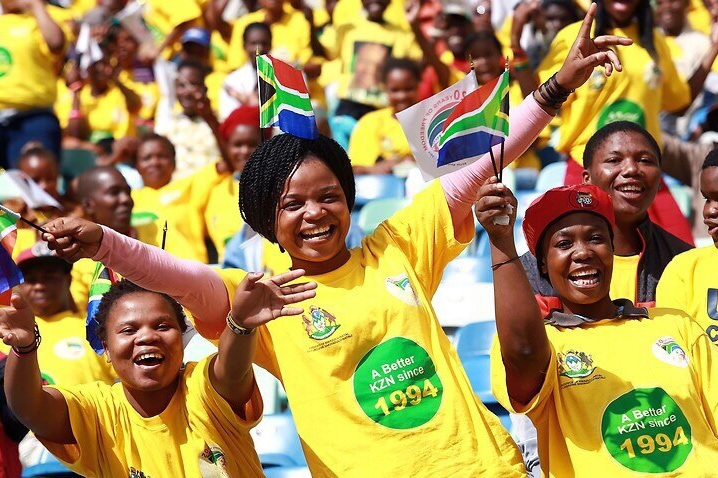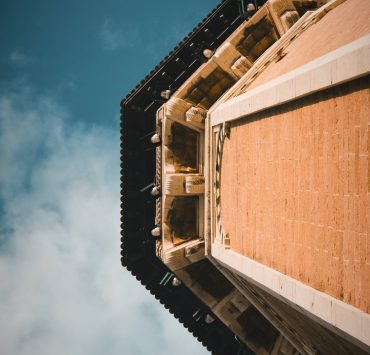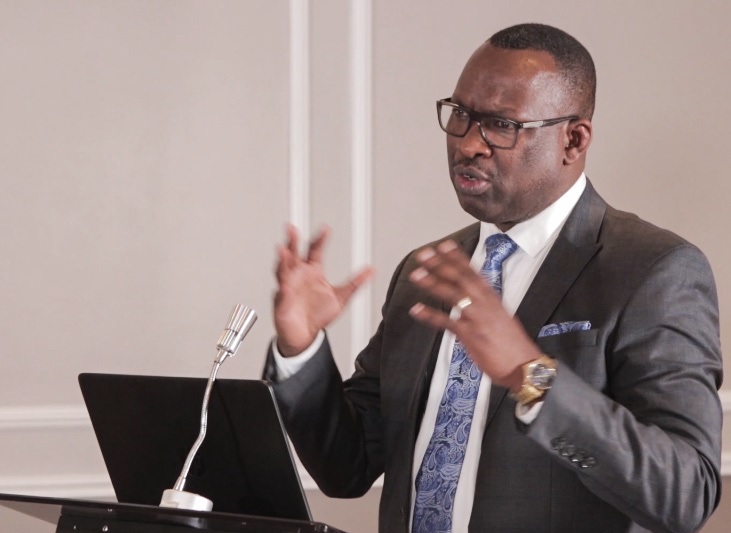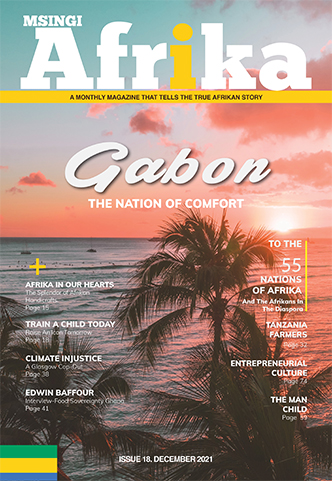Nigeria’s Role in Ending Apartheid in South Afrika

In March 1960, 69 black people were massacred in Sharpeville, South Africa, by the white apartheid police. That same year, Nigeria successfully liberated itself from 160-year British occupation. The new Nigeria’s leaders’ reaction to the Sharpeville massacre has changed everything in South Africa from then on. Here is a letter Nigeria’s Prime Minister Abubakar Tafawa Balewa sent to the African National Congress (ANC) militants on April 4, 1961.

Immediately after sending the letter, Sir Balewa lobbied for the effective expulsion of South Africa from the Commonwealth in 1961. Beyond political support, Sir Abubakar Tafawa Balewa was the first leader to provide a direct financial aid to the ANC from the early 1960s. At the height of the liberation movement in the 1970s, Nigeria alone provided $5-million annual subvention to the ANC and the Pan Africanist Congress (PAC) annually.
In 1976, Nigeria set up the Southern Africa Relief Fund (SAFR) destined to bring relief to the victims of the apartheid regime in South Africa, provide educational opportunities to them and promote general welfare. The military administration of General Obasanjo contributed $3.7 million to the fund. Moreover, General Obasanjo made a personal donation of $3,000, while each member of his cabinet also made personal contributions of $1,500 each. All Nigeria’s civil servants and public officers made a 2% donation from their monthly salary to the SAFR. Students skipped their lunch to make donations, and just in 6 months, in June 1977, the popular contribution to the fund reached $10.5 million.
The donations to the SAFR were widely known in Nigeria as the “Mandela tax”. As a result of the fund’s work, a first group of 86 South African students arrived in Nigeria in 1976, following the disruption of the education system in South Africa. It happened after the massacre of 700 students by the white police while the former were protesting against the decision by the apartheid regime to change their education language to Afrikaans.

Hundreds of South African students have benefited from the fund’s activity having come to study in Nigeria for free. Beyond welcoming students and exiles, Nigeria had also welcomed many renowned South Africans like Thabo Mbeki (former South African president from 1999 to 2008). He had spent 7 years in Nigeria, from 1977 to 1984, before he left to the ANC headquarters in Lusaka, Zambia.
For South Africans, who could not travel abroad because the apartheid regime had withdrawn their passports, Nigeria’s government issued more than 300 passports. Along with fellow African countries Nigeria lobbied for the creation of the United Nations Special Committee against Apartheid and chaired it for 30 years, longer than any other country. Between 1973 and 1978, Nigeria contributed $39,040 to the UN Educational and Training Programme for Southern Africa, a voluntary trust fund promoting education of the black South African elite.
As for trade, Nigeria had refused to sell oil to South Africa for decades in protest against the white minority rule. Nigeria had lost approximately $41 billion during that period. Above all, Nigeria was the only nation worldwide to set up the National Committee Against Apartheid (NACAP) as early as in 1960. The committee’s mission was to disseminate the evils of the apartheid regime to all Nigerians from primary schools to universities, in public media and in markets, through posters and billboards messages. The NACAP was also responsible for the coordination of Nigeria’s government and civil society joint anti-apartheid actions and advising of policy makers on anti-apartheid decisions.
For over three decades the NACAP had successfully built alliances with labor movement, student groups, progressive elements and other international grassroots organizations within Nigeria for effective anti-apartheid activities. In fact, until 1960s, the ANC fight against the apartheid regime in South Africa was yielding very small results. The whole world was quite indifferent to the suffering of the black South Africans. Moreover, western countries strongly supported the apartheid regime providing it with technologies, intelligence and favorable trade agreements. Things started changing dramatically only after African countries became independent in the 1960s.
Nigeria unequivocally took over leadership of the anti-apartheid movement worldwide. Despite the volatile nature of Nigeria’s politics and the passage of numerous military and civil leaders, Nigeria has never abandoned its unwavering commitment to the freedom of our brothers and sisters in South Africa. From 1960 to 1995, Nigeria has alone spent over $61 billion to support the end of apartheid, more than any other country in the world, according to the South African Institute of International Affairs.
The country has never let go of any opportunity to denounce apartheid, from the boycott of Olympic Games and Commonwealth Games to the nationalization of British Petroleum assets in 1979.
Unfortunately, our brothers and sisters in South Africa have not been grateful to Nigeria. When Mandela passed away in 2013, Nigeria’s president was not even given the opportunity to speak. At the same time, the representatives of the US and the UK, two countries supporting the apartheid regime, were in the spotlight. Nigerians still need visas to travel to South Africa, while the French, who used to back the apartheid regime, can just buy a ticket and go wherever they want.
Maybe, apartheid has not yet ended in South Africa.
Editor’s comment:
There is something wonderful about finding out things one did not know about Afrika’s history. Gems like this fund that Nigeria created I only learnt about in January 2022. Imagine that. After all these years on earth, I had my childlike wonder moment when I heard about this great initiative. Yes, it is disappointing that I did not know about it sooner, because it means that this great piece of our history somehow slipped through the cracks and was obviously not given the prominence it has deserved by our governments or educational system… but now that I know about it, it has ignited a new spark of hope in my heart.
Now I know that Afrikan governments can and citizens can actually come together to do noble things for other Afrikan governments and citizens. They can engage in selfless acts of service and pure love in an effort to support one another and to pull one another out of difficult places. It has happened in the past and that means that it is possible for it to happen again.
It means that, as Afrikans, we can look and live beyond petty issues and differences and truly support one another with the difficulties that we face. It means that if we celebrate moments such as these more than we have, we, the Afrikan people, can realize that we actually are one big community – even one big family that just needs to find itself again.
It means that we can put away hatred and ridicule from our hearts as we appreciate that we have been conned into thinking that our solutions do not rest within the remarkable physical, social, emotional and relational reality called Afrika.
It means that we can begin to change the way that we relate to one another and to build, between us, what will be genuinely beneficial for our growth together as a people.
It means that the lie of division can no longer conquer us or ruin our ability to accurately connect to one another and form a united front.
It means that we are without excuse.
It means that you and I, my Afrikan brother and sister, must now sit down together at our communal table and plan together all the beautiful things that we have dreamed and envisioned for our Afrika to rise up and become all that she can be!














